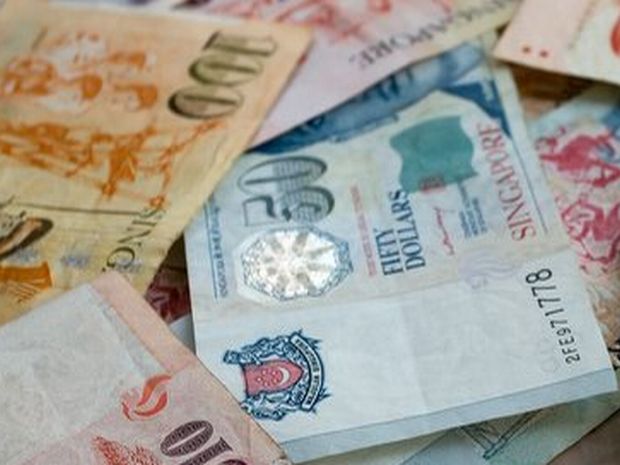Singapore commits S$50M to boost early-stage investment

SINGAPORE--Startups in the country can now tap a bigger funding pool dedicated to early-stage investment, as the government sets aside an additional S$50 million (US$39.9 million) to encourage venture capital (VC) firms to invest in local companies.

The Singapore government pledged to inject the amount as part of efforts to plug a gap in early-stage financing, said deputy prime minister Teo Chee Hean, who was giving the opening address at TechVenture 2013 conference here Wednesday.
The fund will be managed by the National Research Foundation (NRF), which is hoping this latest funds injection will attract bigger VC firms to support early-stage, or Series A, investment within the local startup ecosystem. The funds will be offered as part of NRF's existing Early Stage Venture Fund (ESVF) scheme, which was first launched in July 2008 when an initial S$50 million was put up to co-finance five early-stage venture funds in Singapore.
Teo said: "One piece of feedback we often get is that there is still a lack of early-stage financing in Singapore and the region. Startups have to try very hard for to get the attention of VCs from other parts of the world to secure funding.
"Through a one-to-one co-investment approach, the total pool of investment funds for early-stage companies will amount not to S$100 million," he noted.
Under the ESVF initiative, NRF matches every dollar the VC firm invests into a fund so $10 million would double to $20 million with the government's topup. Five VC funds were established from the first 2008 funds injection, including NanoStart Asia, Raffles Venture Partners, and Walden International, which invested in 21 projects in the ICT, engineery and medical technology sectors. Of these, three startups were eventually acquired including YFind Technologies. To date, the scheme helped fuel S$105 million in funds.
Speaking to ZDNet Asia on the sidelines of the conference, NRF CEO Low Teck Seng, today's announcement to inject an additional S$50 million would help bring in new VC firms to join the scheme. To further encourage bigger investment firms to participate, Low explained that VC firms can now tap their existing global funds to support the local fund under the ESVF scheme.
For instance, a $10 million investment now can be taken out from a bigger global fund of $100 million to be parked under the Singapore scheme. Previously, VC firms under the ESVF scheme must set up a closed-end fund dedicated for investment in the Singapore market. The closed-end fund will no longer be a requirement when VC firms join the scheme, though they will still need to use the investment collected from the NRF initiative to support Singapore startups.
Low believes this will encourage larger VC firms to be part of the scheme and, in turn, allow Singapore startups to tap these firms' access to a wider range of expertise and global network. Under the ESVF scheme, the VC firms will have the option to buy out NRF's capital with 5 percent interest, he said.
During his opening address, Teo said the government had committed S$16 billion between 2011 and 2015 to drive innovation in the country through public agencies such as NRF, Spring Singapore, Economic Development Board, and Infocomm Development Authority. The focus had been on the commercialization of technology, developed in-house or in partnership with another company, and alongside private-sector entities including VCs and business angels, he added.
Since 2008, NRF and Spring have engaged over 20 incubators and accelerators to support over 500 startups, he said.
"Overall, we are seeing a vibrant technology startup ecosystem taking shape," Teo said, noting that the number of patents granted climbed from 245 in 2010 to 323 last year. In addition, the number of spinoffs from these efforts grew from 12 in 2010 to 38 last year. Describing these numbers as still "modest", he said the government hopes to see this growth continue.